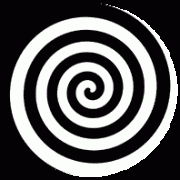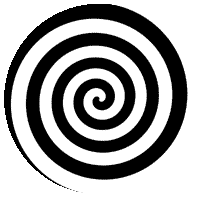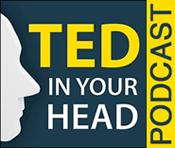5 Things That Can Help Overcome Your Depression

Today’s post is by guest author Allison Hail, hailing all the way from New Zealand.
When you’re depressed, it can feel like there’s nothing you can do to feel better. The nature of depression ruins your drive and hope, making it difficult to get the help you need. However, while getting over depression is never easy, it is certainly not impossible. There are many things you do to ease the symptoms of depression and get you on the right track to recovery. The following five steps will help you get there.
Talk to Someone
Having depression can make it tough to be around people or reach out for help. But isolation will only worsen your depression symptoms. When you’re on your own on all the time, it’s very hard to keep a healthy, positive perspective.
Talking about your depression is a crucial step on the road to recovery. Confiding in someone whom you love and trust can make a world of difference in your outlook. It’s important to remember that your loved ones care about you and won’t ever see you as a burden, even if that’s how you feel inside. But if you’re not ready for this step just yet, you could try a support group first. Being around others who have the disorder can make you feel less alone and make it easier to open up about your struggles.
Try Relaxation Techniques
Doing a daily relaxation practice can help to relieve stress and boost feelings of happiness. It can also help to improve your sleep, which is a common problem that goes along with depression. There are many different relaxation techniques you can try, from yoga and meditation to deep breathing and progressive muscle relaxation. Some people also find hypnotherapy to be helpful for relieving stress and anxiety. You may find that combining or alternating different techniques has the best results.
Get Active Outside
Exercise is proven to be one of the most effective ways to deal with depression. Doing just 30 minutes of cardiovascular exercise can give you a boost in endorphins, the positive mood-enhancing chemicals in the body.
Whenever possible, make it a point to exercise outdoors in the daylight. The sunlight can help to improve your mood by boosting your serotonin levels. Trampolining is a particularly great outdoor exercise and one that is proven to improve mental health. Not only does it boost your energy, but the sheer fun of jumping up and down in the fresh air will get you smiling, laughing, and feeling more positive.
Discover a New Happy Place
Everybody needs a break once in a while when life becomes challenging. Why not take a few hours off each week to find a new favourite activity or travel destination? You could try a new sport such as diving, kayaking, or archery, or take up a constructive new hobby such knitting, woodworking that doesn’t require you to stare at digital screens.
Eat a Healthy Diet
Even if you don’t have an appetite, you should always try to eat something every three to four hours. Going too long without eating can leave you feeling even more tired and irritable, which does no good for your depression. However, you must be mindful of what you consume because this can have a direct impact on how you feel. It’s important to stay away from too much sugar and refined carbs. Foods high in sugar may taste good, but it can quickly cause your mood and energy to crash. You can keep your mood stabilised by consuming plenty of omega 3 fatty acids, which can be found in salmon, sardines, mackerel and other fatty fish.
Find Activities You Enjoy
The symptoms of depression can reduce your energy and motivation to do the things you once loved. A key step in overcoming depression is pushing yourself to do things, even if you don’t feel like it. Set aside time to do anything you may find of interest, whether it’s playing a sport you once loved, pursuing a brand-new hobby or simply exploring places you’ve never been. Getting out into the world and engaging in activities will help to re-ignite your spark. While your depression may not be cured right away, you will gradually begin to feel more positive, energetic and upbeat.
Author’s Bio:
“Allison Hail is a freelance writer based in gorgeous New Zealand who loves sharing her insights on health and wellness. You can discover more of her work on Tumblr.”
Image Credit:
Girl at the Dock by Paola Chaaya via Unsplash.com under License




















